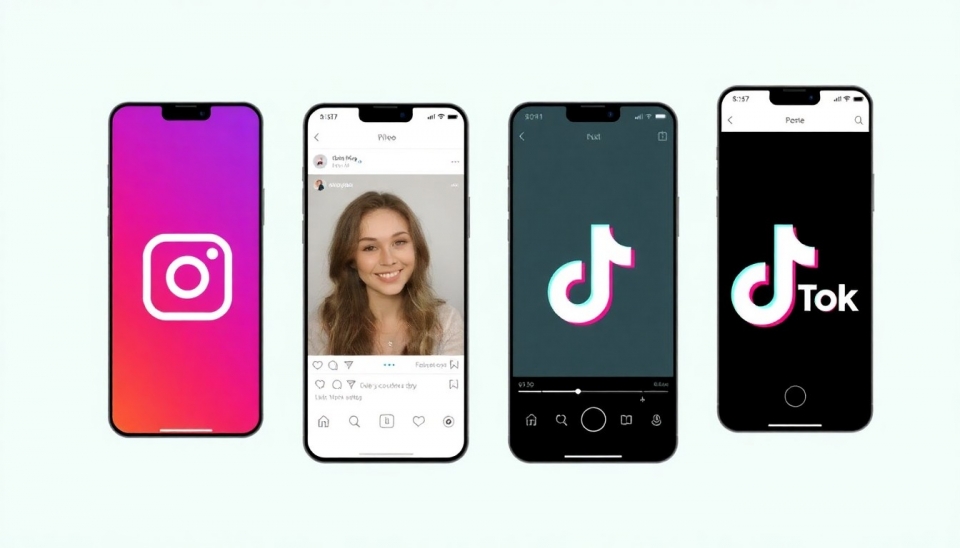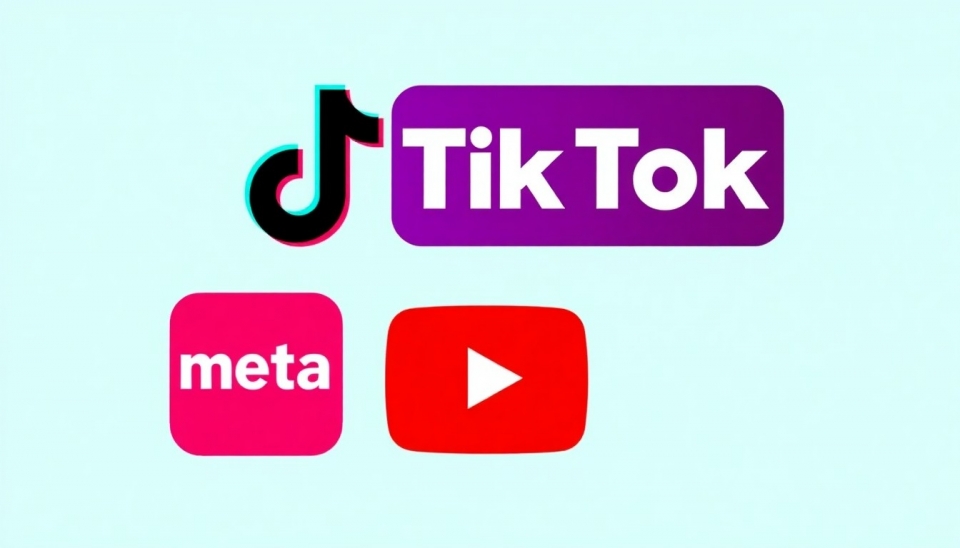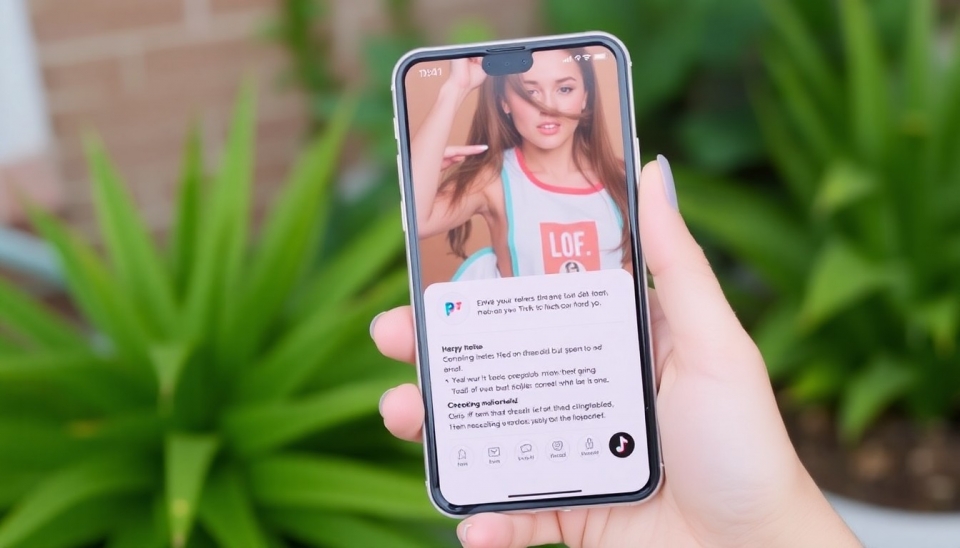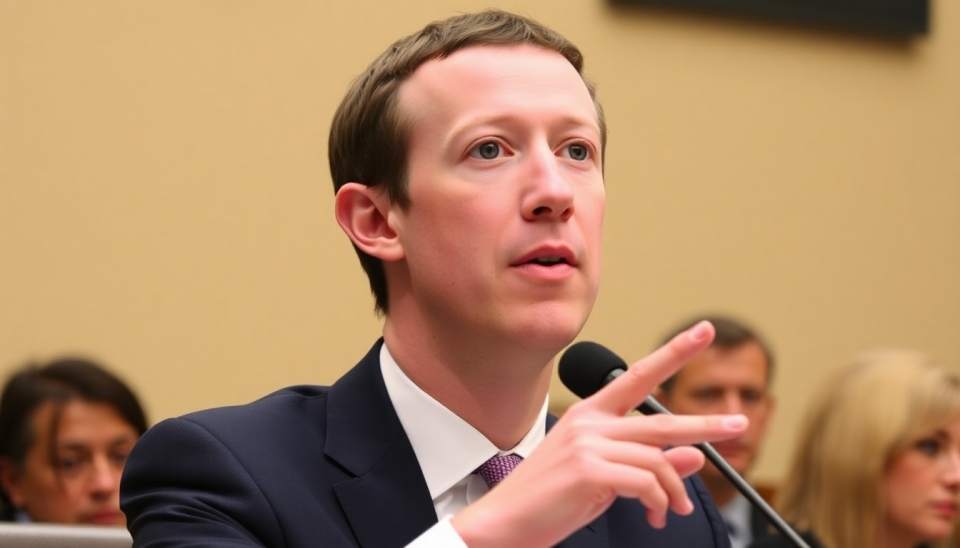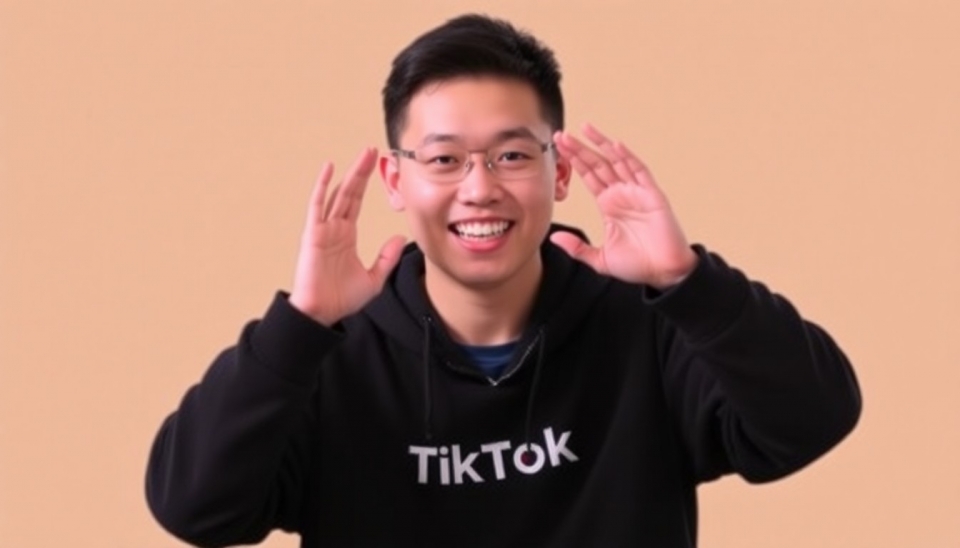
TikTok, the widely popular social media platform, has officially petitioned the United States Supreme Court to intervene and block a potential ban on its operations in the country. This move comes as federal and state regulators intensify their scrutiny over the app, citing concerns regarding data security and the influence of foreign ownership on American users' privacy.
The social media giant's legal plea is positioned against a backdrop of increasing tensions between the United States and China, where TikTok's parent company, ByteDance, is based. Lawmakers in various states have raised alarms about the potential misuse of user data and the app's ability to manipulate content, leading to calls for stricter regulations or an outright ban.
In its petition, TikTok argues that any ban would not only infringe on the rights of its millions of American users but would also set a dangerous precedent for freedom of expression on digital platforms. The company asserts that there has been no evidence provided that TikTok poses a risk to national security that justifies the extreme measure of shutting it down.
TikTok's legal team is focusing on cases of similar judicial challenges where previous administrations attempted to impose bans on the app. They highlight that those efforts were overturned in lower courts primarily due to a lack of compelling evidence regarding the security threats posed by the platform.
Moreover, TikTok is advocating for a plausible solution, suggesting that stronger regulations and transparency measures could sufficiently address the concerns of lawmakers without resorting to an outright ban. This stance underscores the company's aim to establish a collaborative relationship with U.S. authorities in terms of data security and content moderation.
The Supreme Court's decision regarding this petition could have far-reaching implications not only for TikTok but also for other tech giants facing similar scrutiny. If the court sides with TikTok, it may set a legal precedent that protects digital platforms under the First Amendment, reinforcing users' rights to access information and communicate freely.
As the case unfolds, industry watchers and legal experts are closely monitoring the situation, as it could reshape the regulatory landscape for social media companies operating in the United States. With millions of users relying on TikTok for entertainment, education, and social interaction, the outcome may affect a significant portion of the digital communication space.
The legal battle marks yet another chapter in the ongoing saga between tech companies and government oversight, raising questions about user rights, national security, and the future of digital commerce amid increasing geopolitical tensions.
As the case makes its way through the judicial system, both TikTok and its users are left awaiting a decision that could alter the course of the platform's availability and functionality within the United States.
For now, all eyes are on the Supreme Court, as its ruling could not only determine TikTok's future in the U.S. market but also impact wider policies regarding the relationship between technology and governance in a digital age.
### Hashtags:
#TikTok #SupremeCourt #DataPrivacy #SocialMedia #ByteDance #USRegulations #TechNews
Author: Emily Collins
